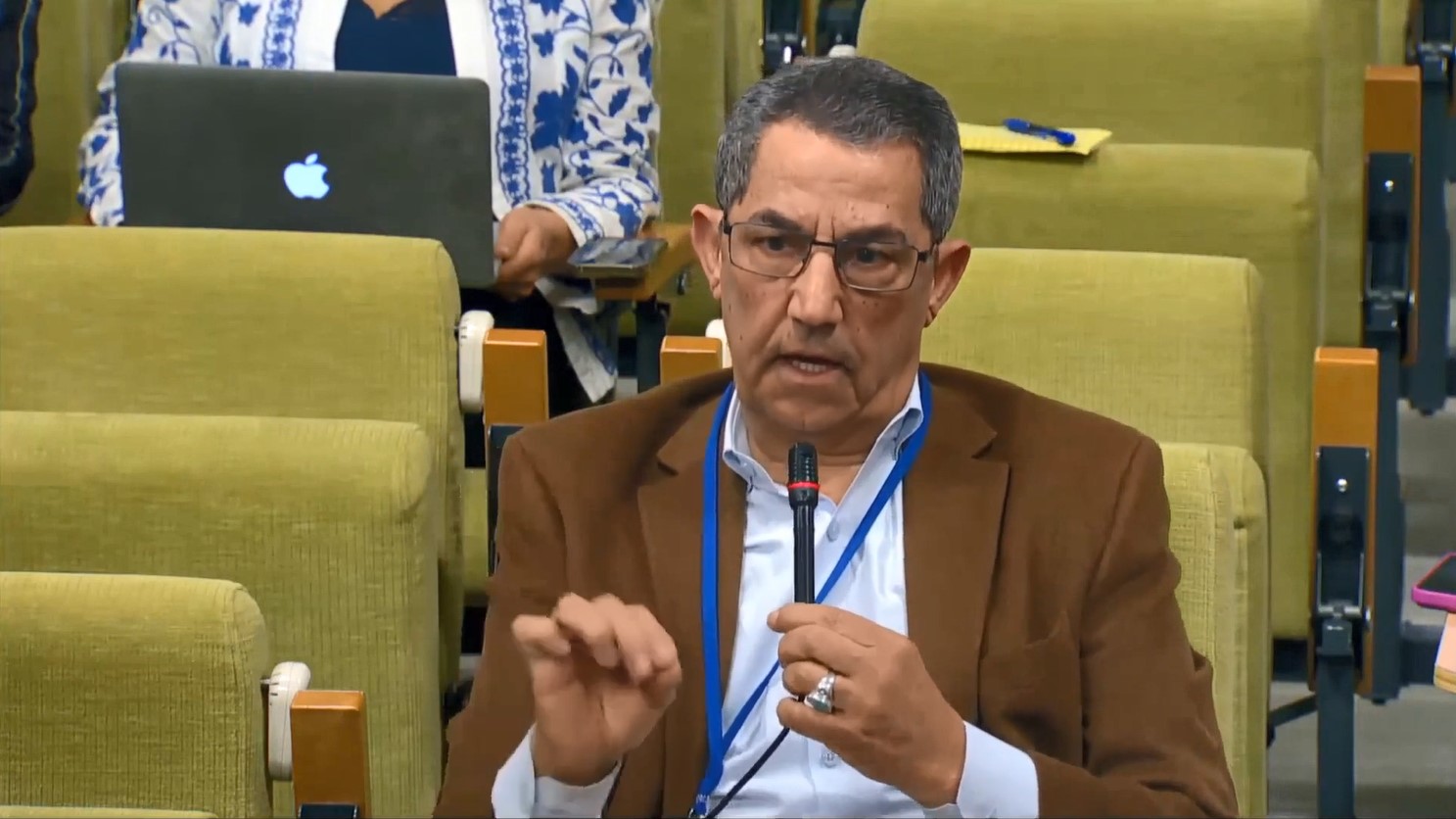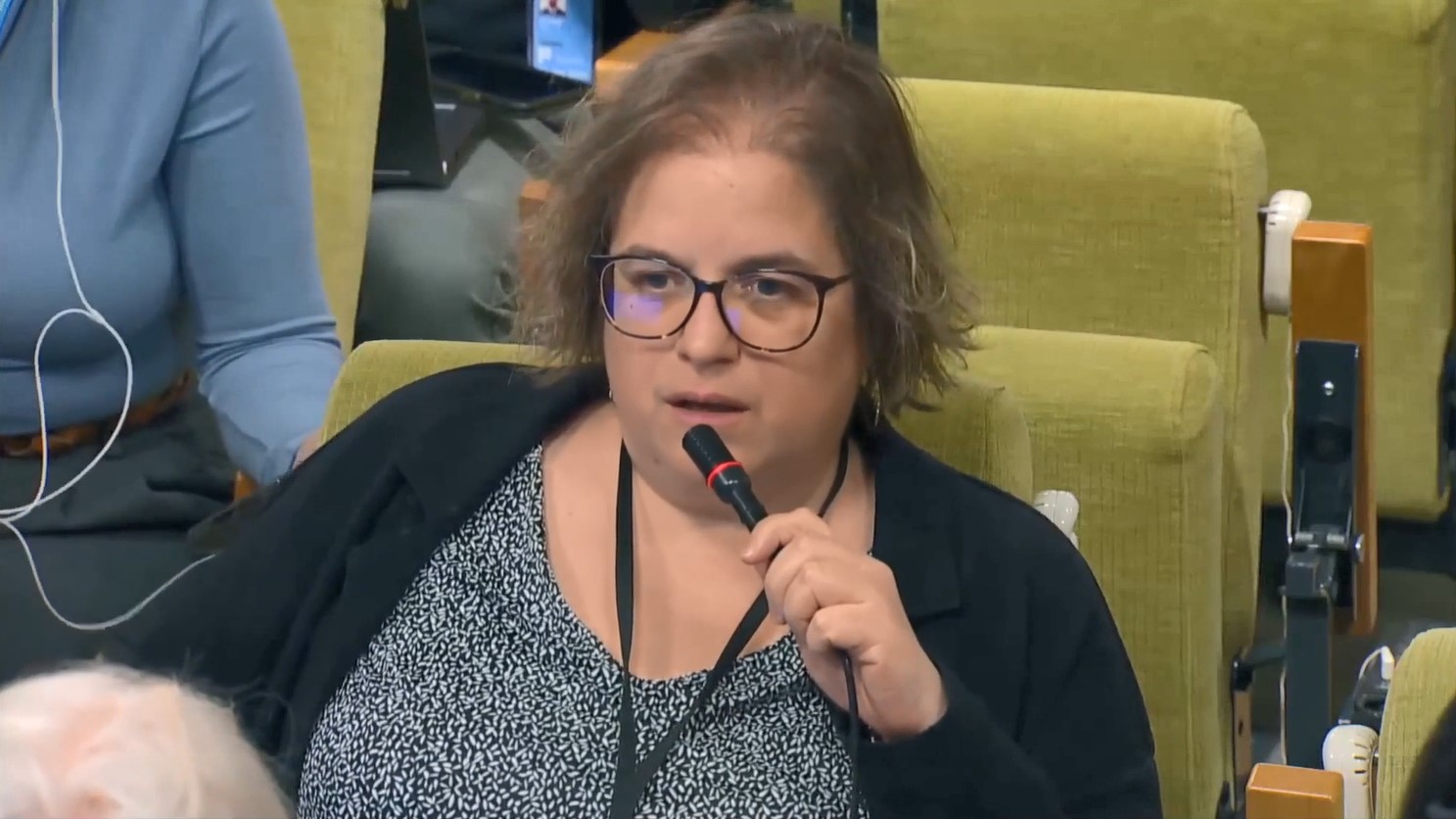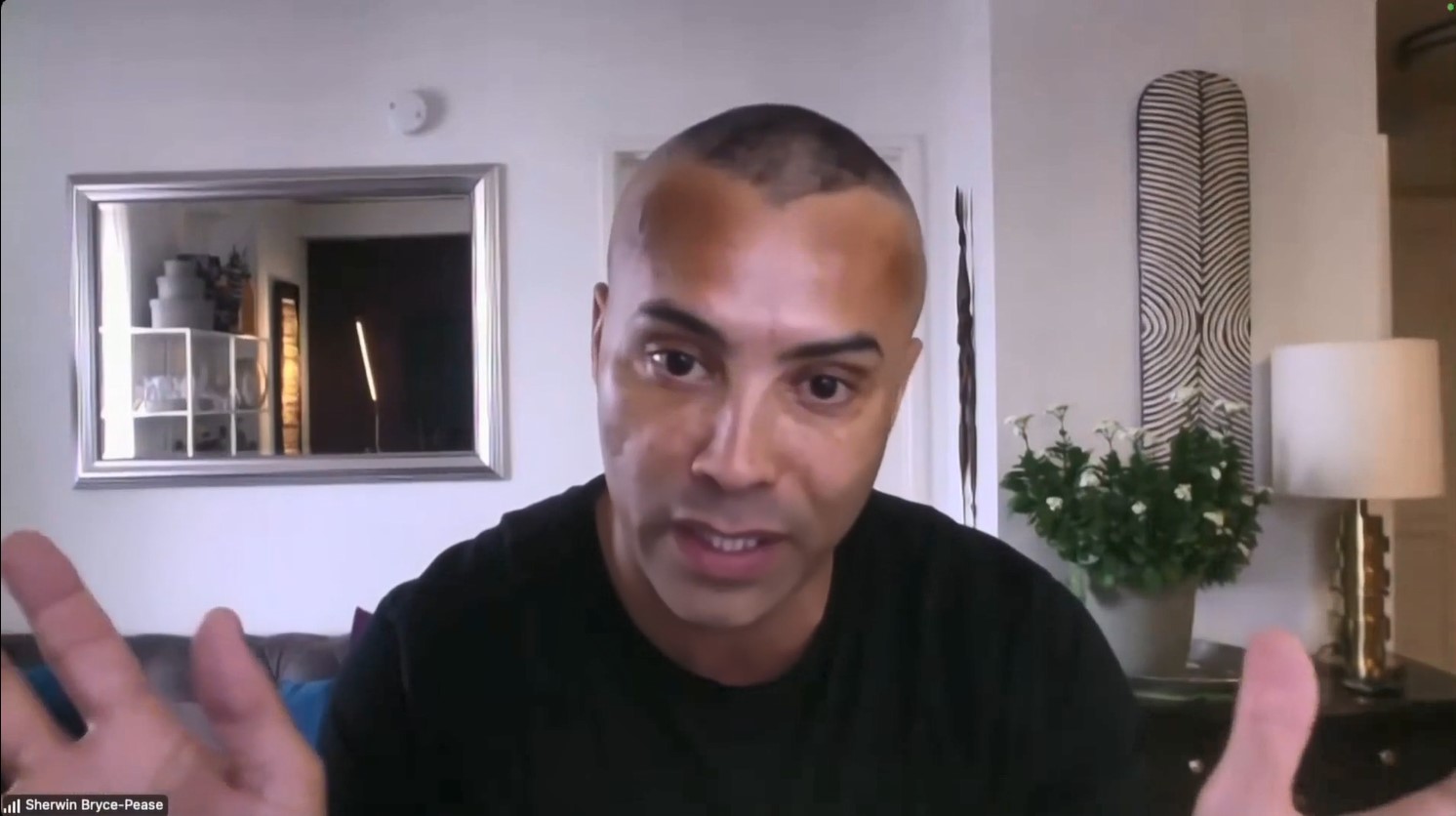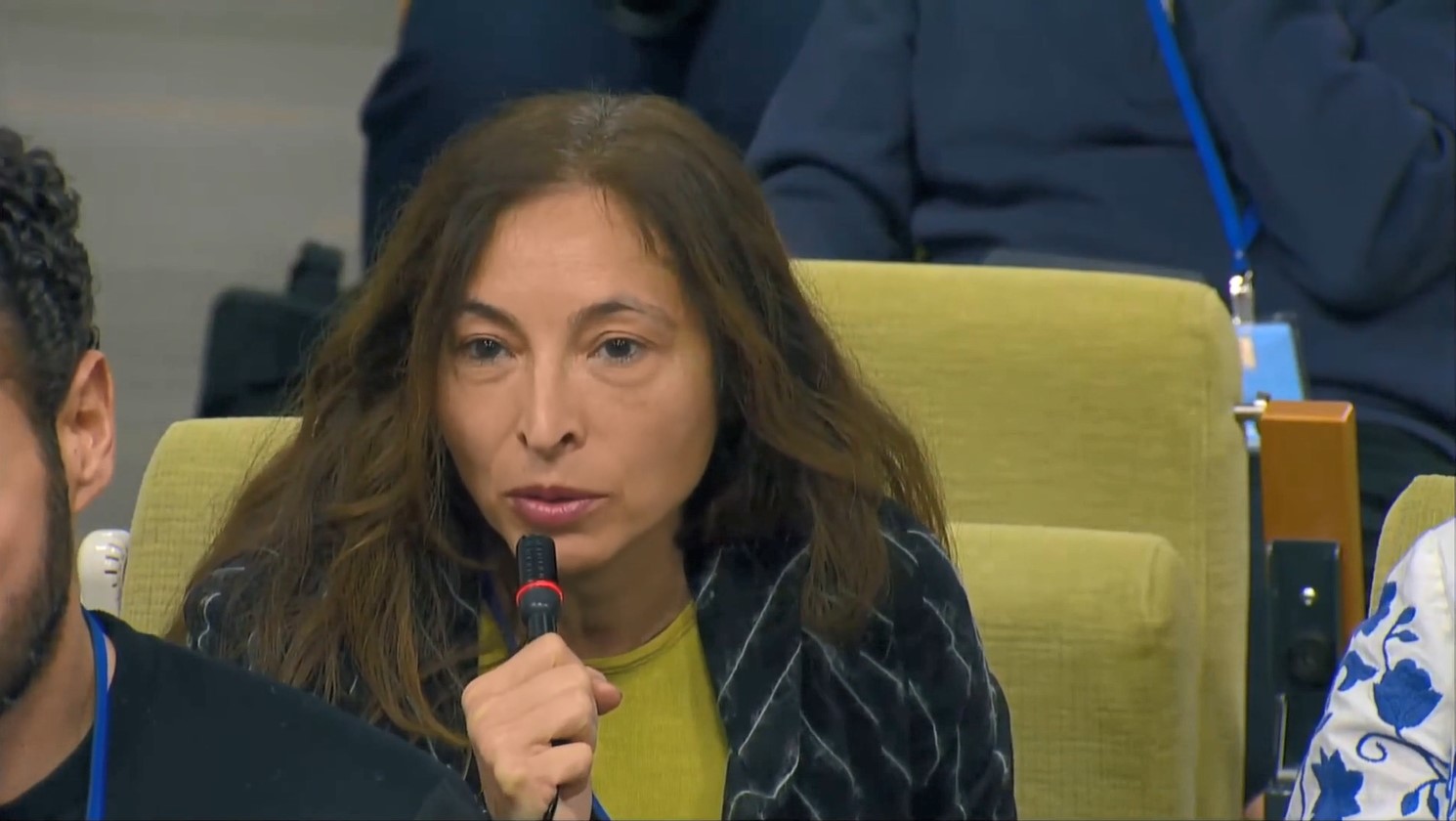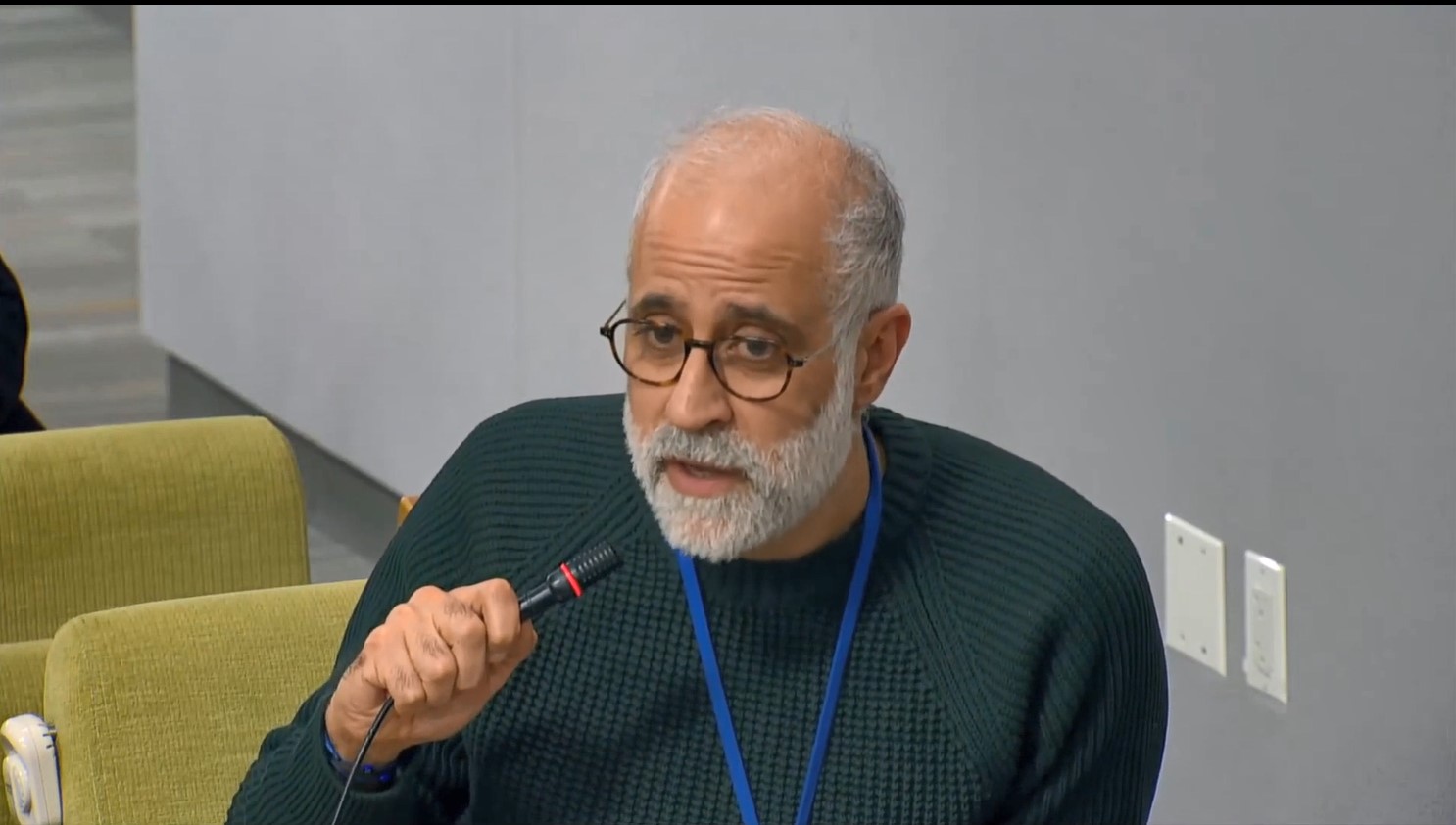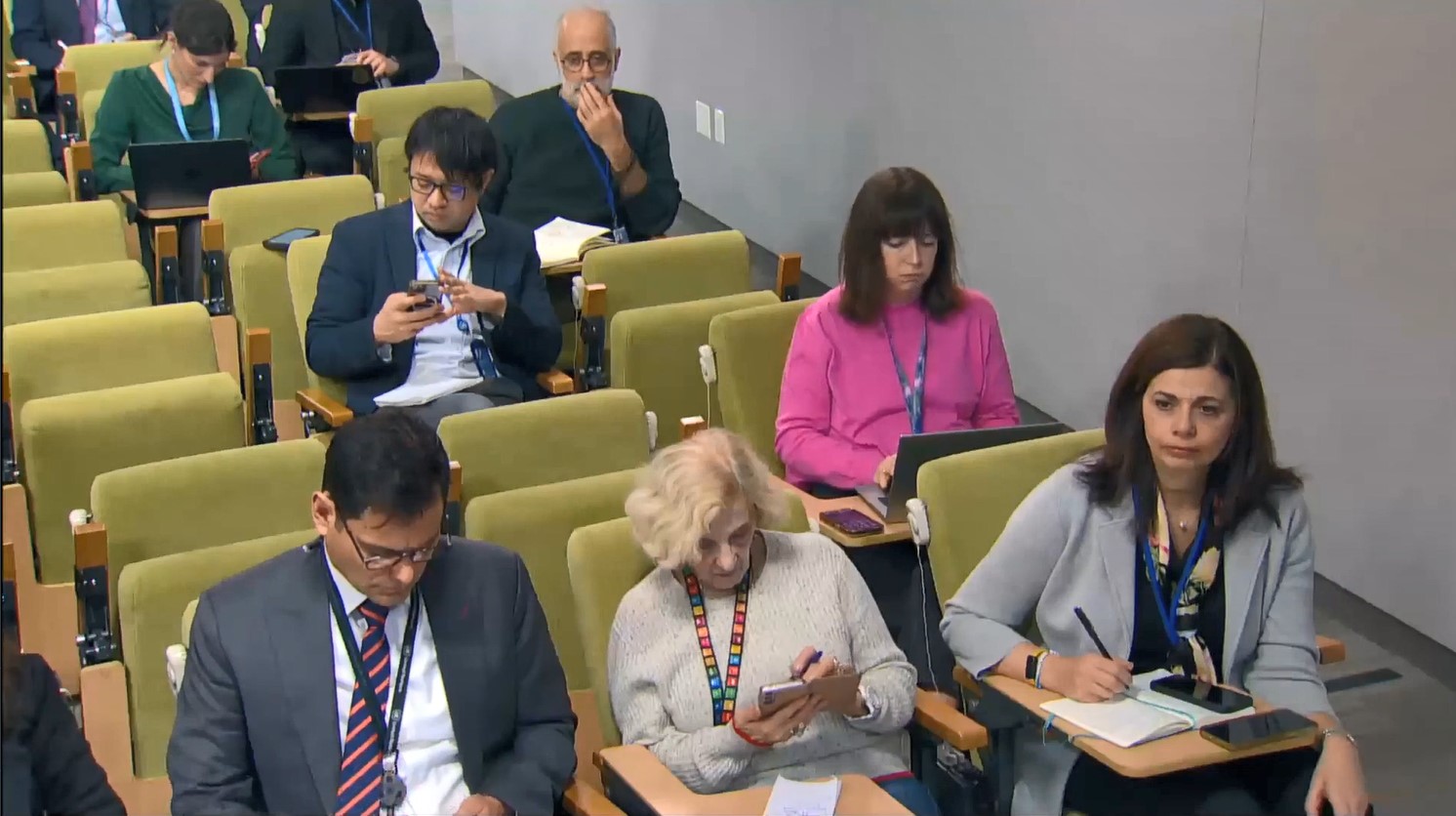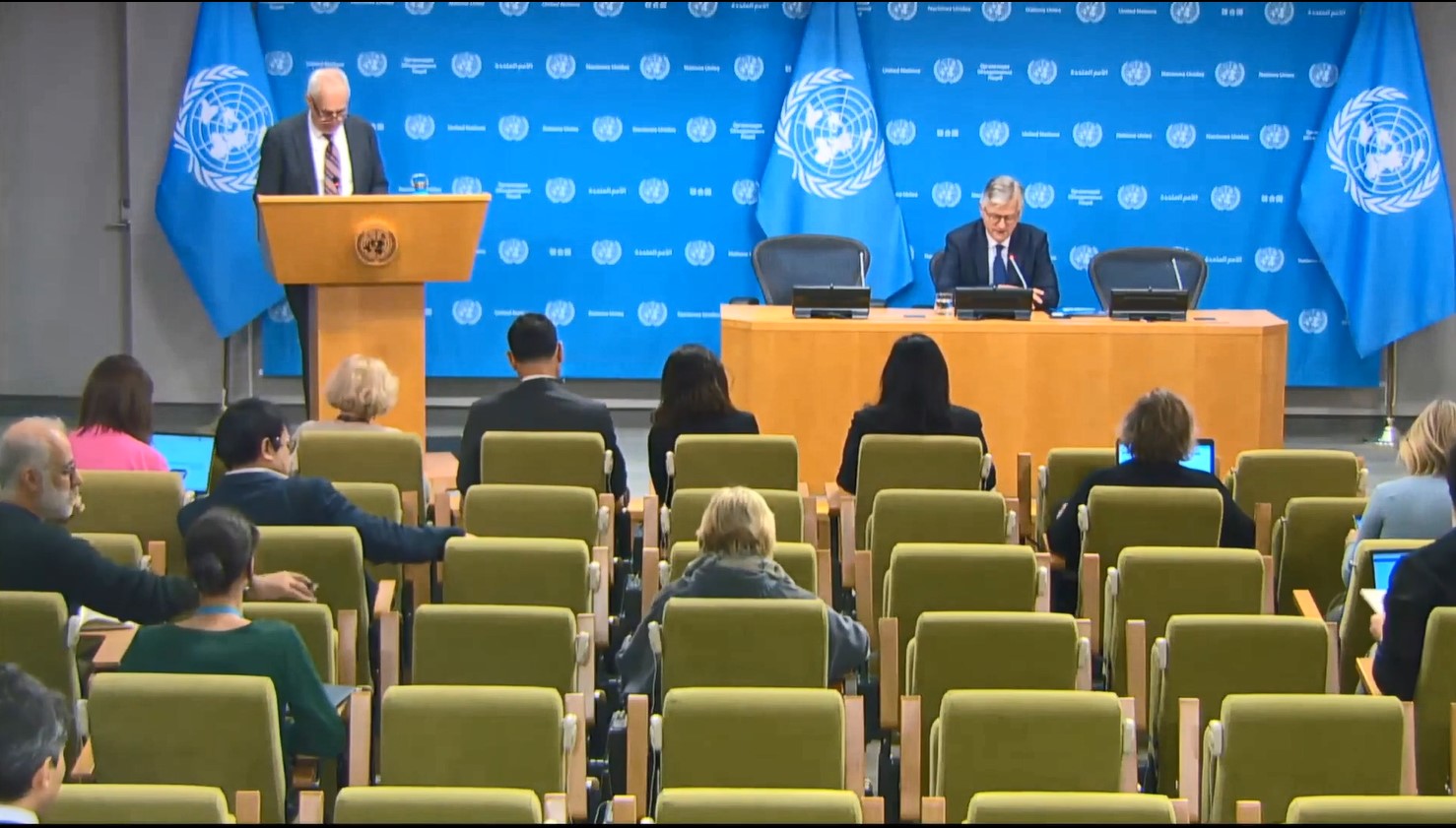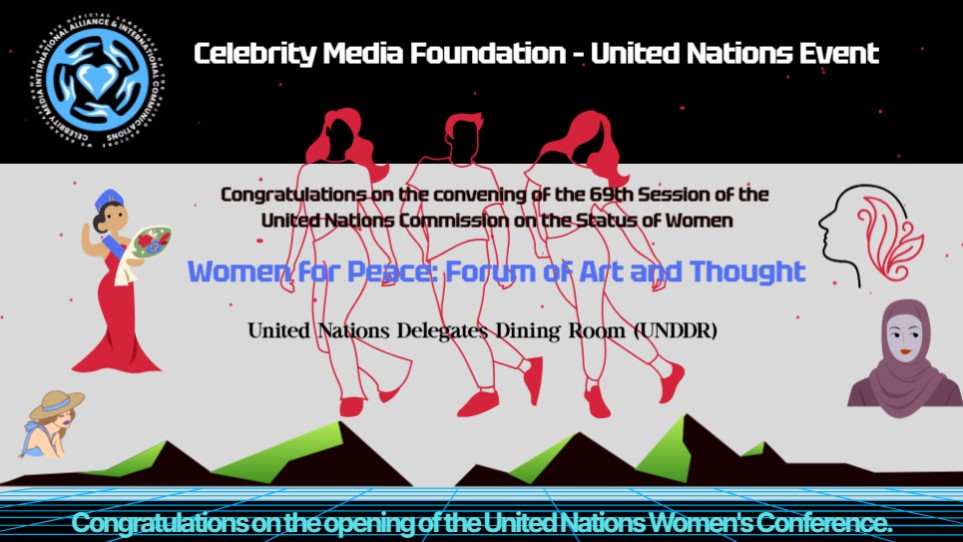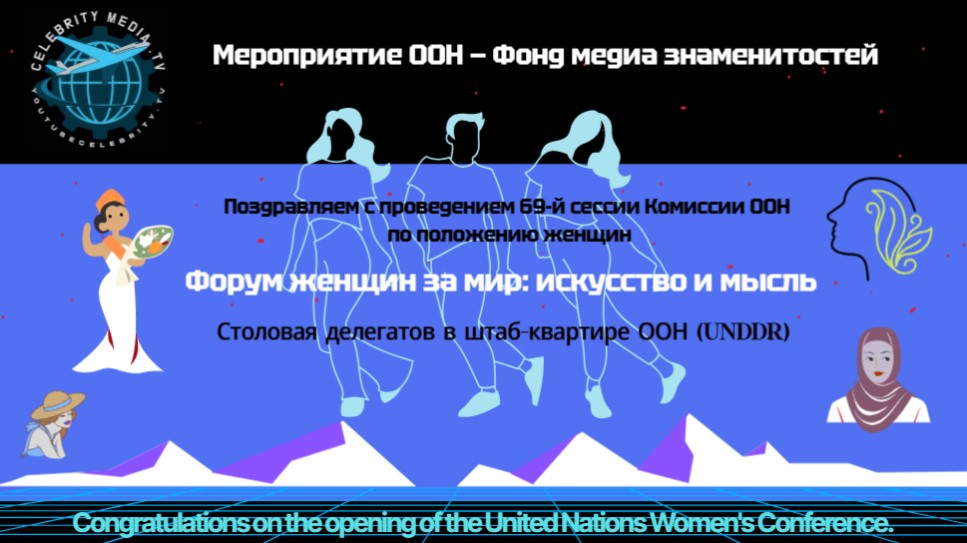Celebrity Media Commentator:Recently, Jean-Pierre Lacroix, the UN Under-Secretary-General for Peace Operations, concluded his visit to the Middle East and briefed journalists in New York on the challenges he encountered in the region. His visit not only highlighted the tensions and complexities of the Middle East but also demonstrated his sense of duty and unwavering commitment to peacekeeping.
Related reports, please click here.

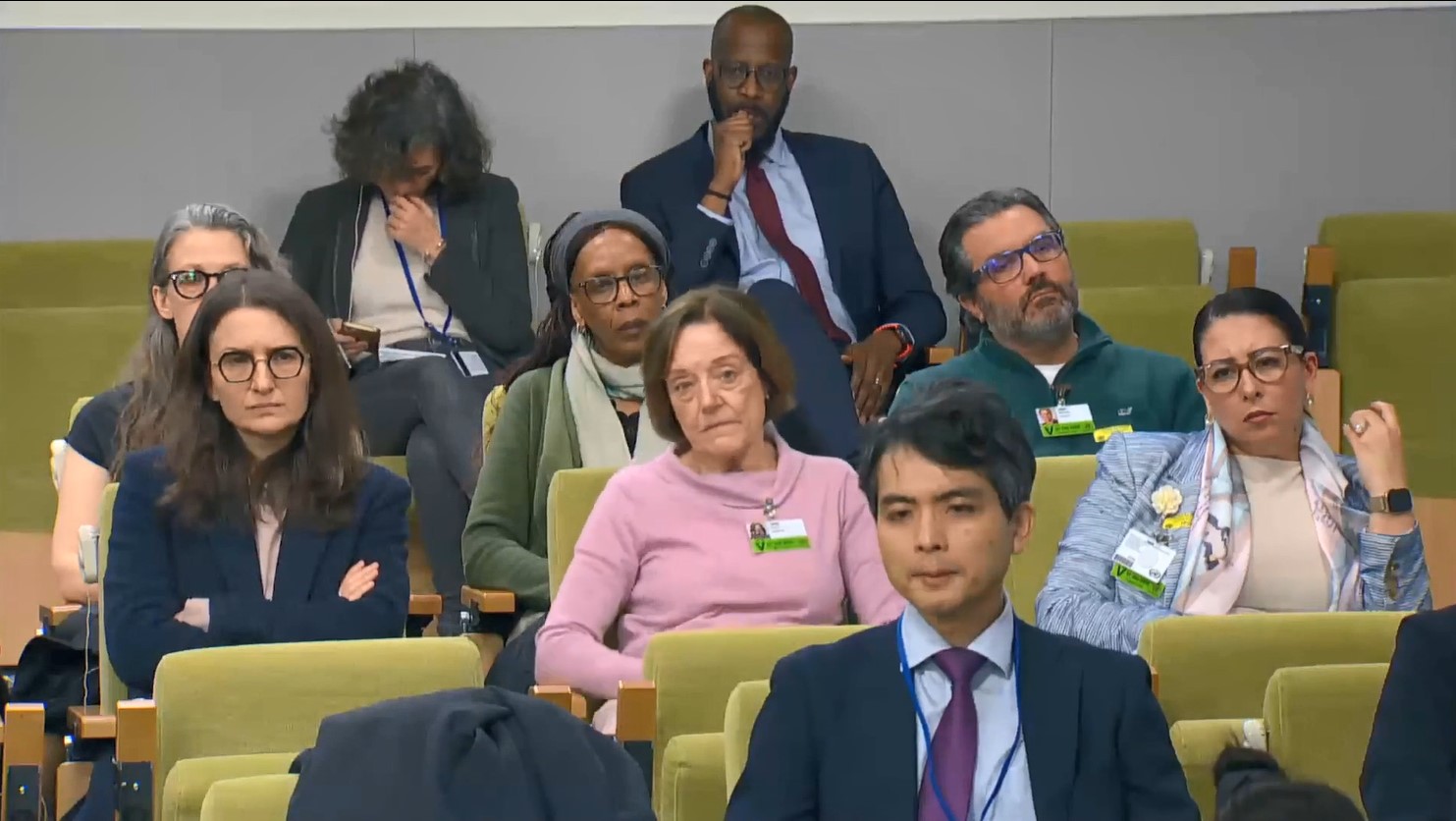
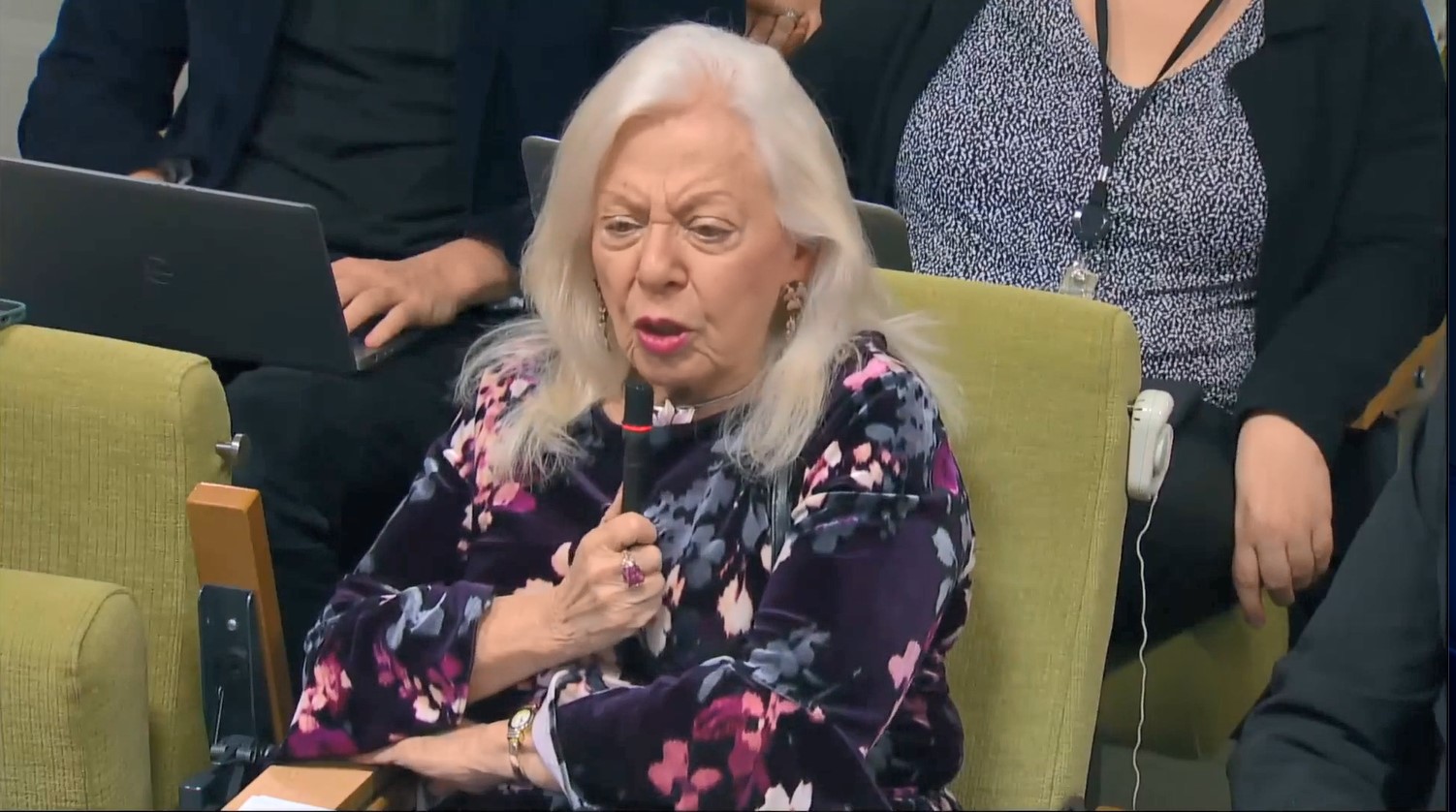
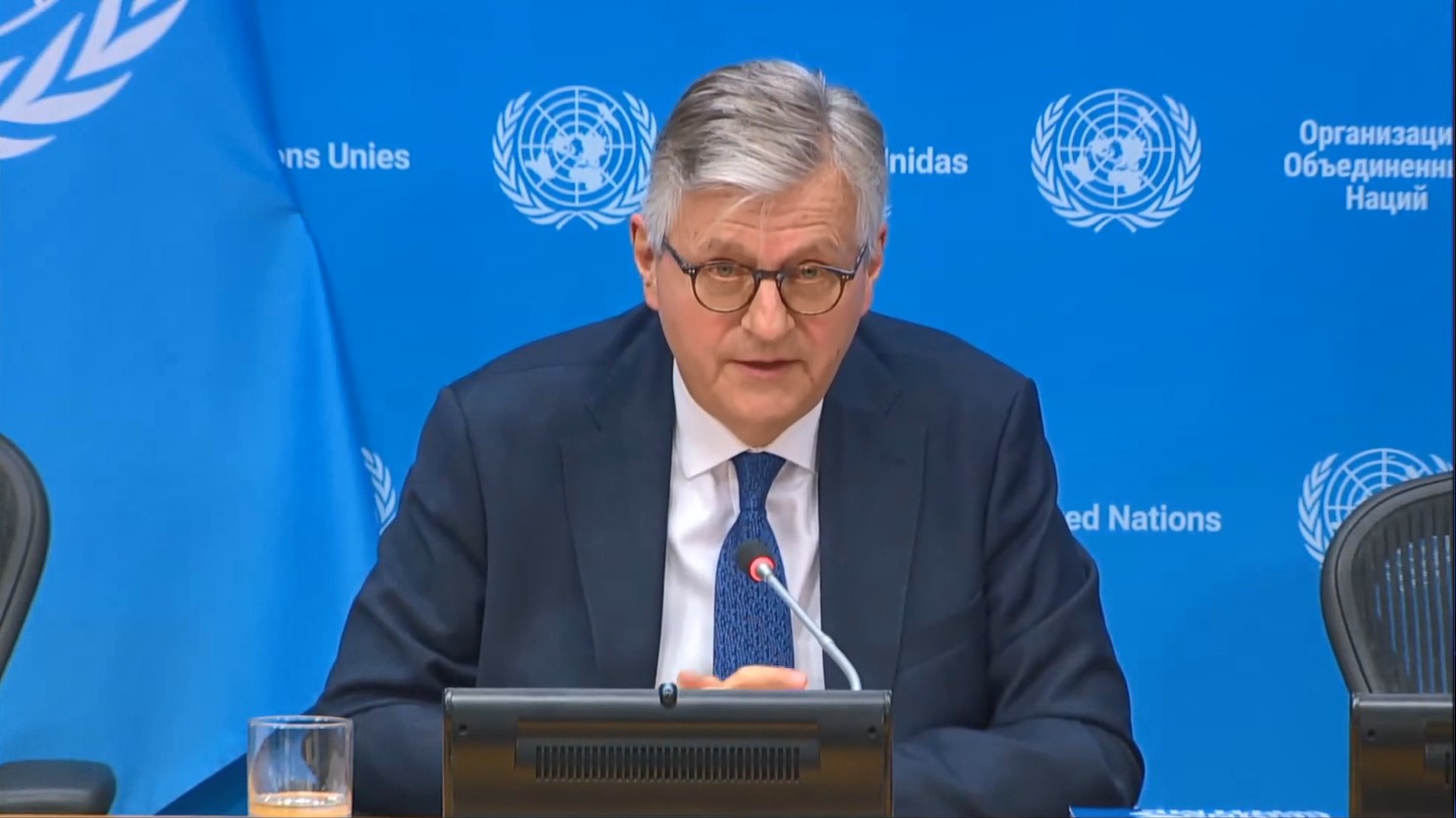
A Grueling Five-Day Journey: Into the Heart of Conflict Lacroix's visit lasted five days, covering Syria, Israel, and their border regions. He traveled to some of the most volatile and conflict-prone areas, personally inspecting the operations of the United Nations Disengagement Observer Force (UNDOF) and the Observer Group Golan (OGG). His presence in these zones—where conflicts flare up frequently—underscored the risks and dangers inherent in peacekeeping missions. Even for a high-ranking UN official, safety was not guaranteed.
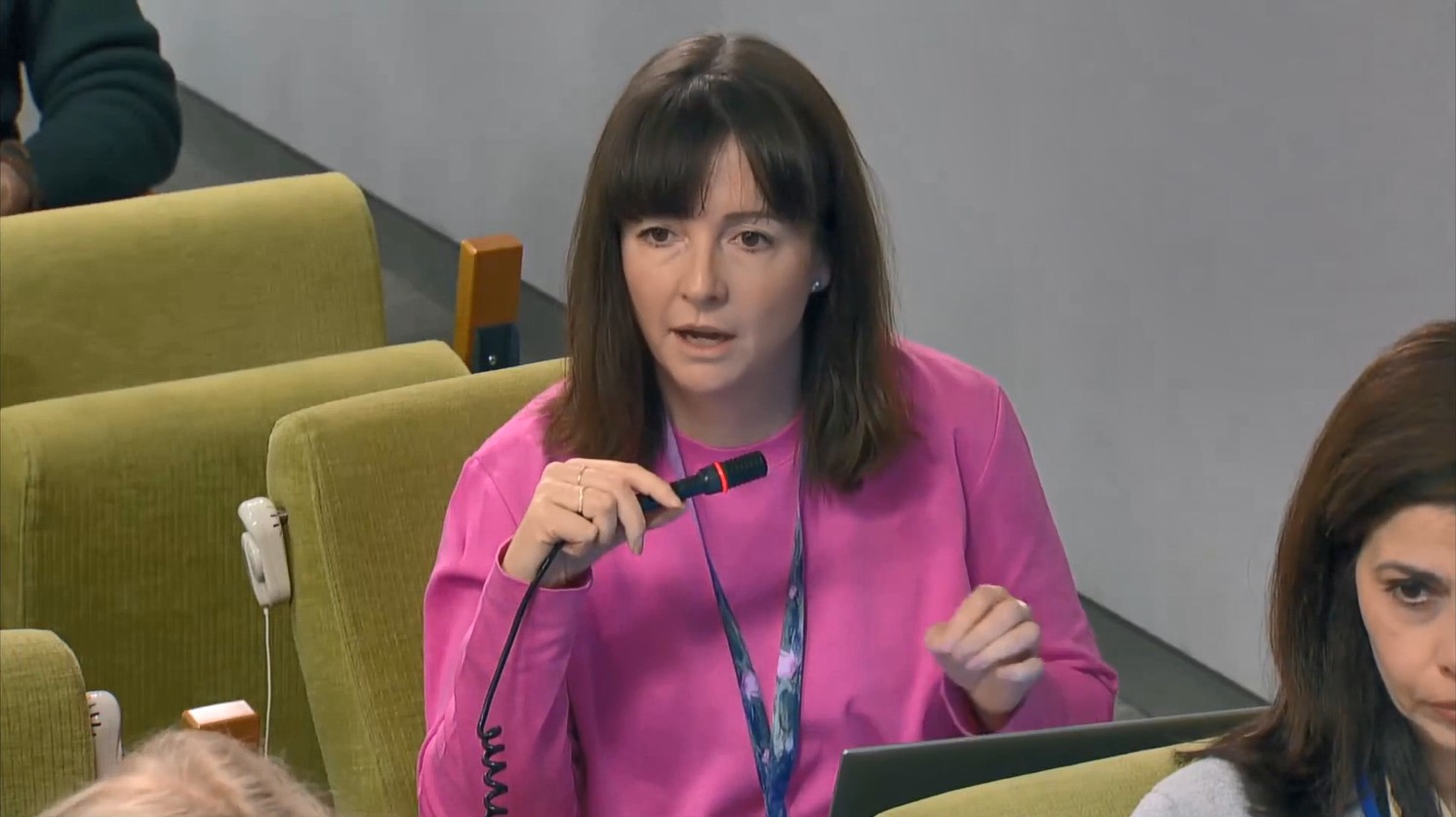
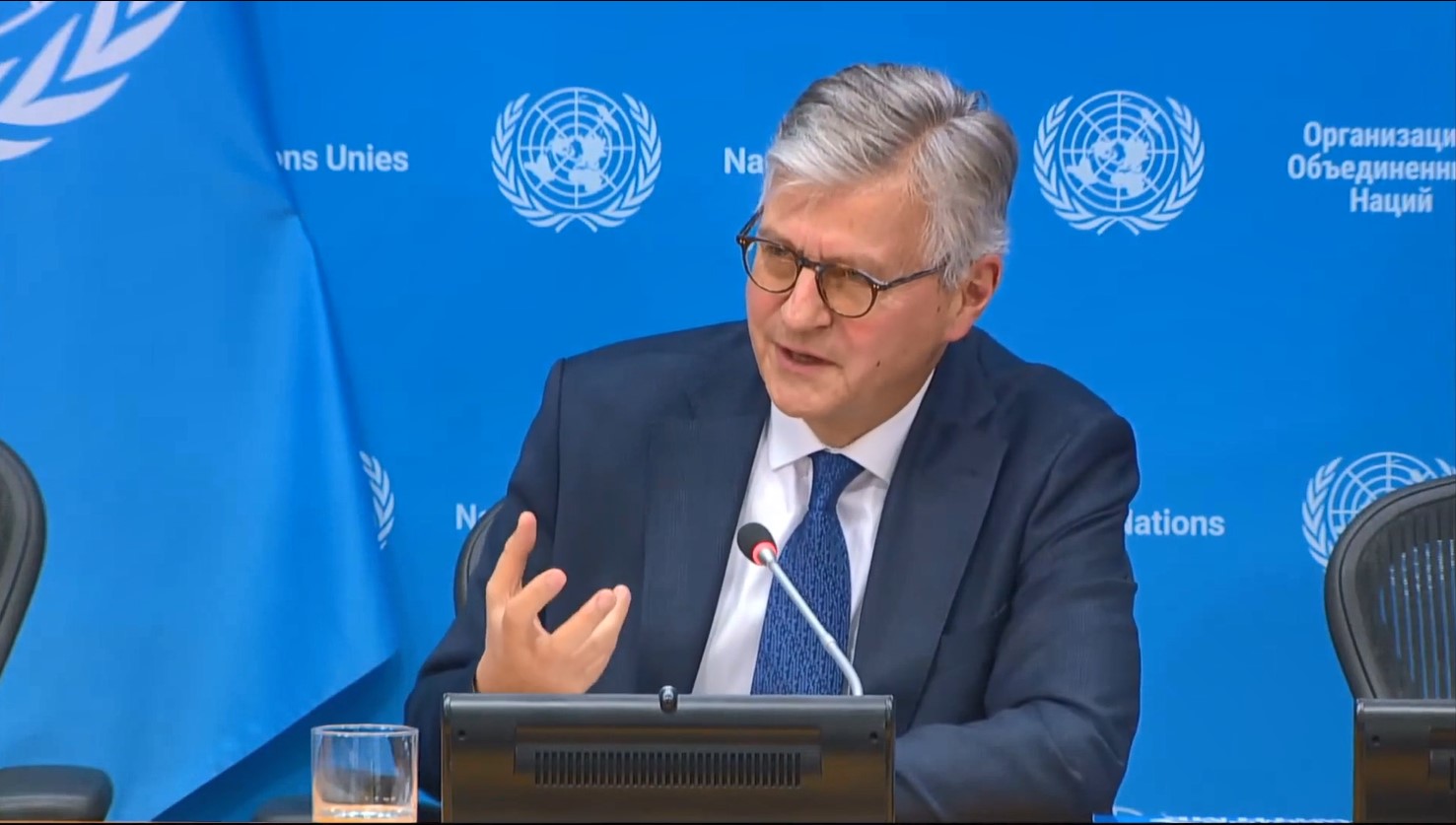
During his visit, Lacroix faced not only physical dangers but also diplomatic challenges. He had to navigate through the complexities of the region, conveying the UN's firm stance to both the Israeli and Syrian authorities. He particularly expressed concerns over the Israeli Defense Forces (IDF) entering and operating within the buffer zone, stressing that such actions violate the 1974 ceasefire agreement and increase the risk of further escalation.
A Commitment to Peace: Persevering Through Adversity With tensions in the Middle East at an all-time high, Lacroix’s trip was not just a routine inspection—it was a powerful symbol of commitment to peacekeeping. As the UN's top peacekeeping official, he did not back down from the challenge but instead chose to be on the ground, directly engaging with stakeholders to find ways to maintain stability.
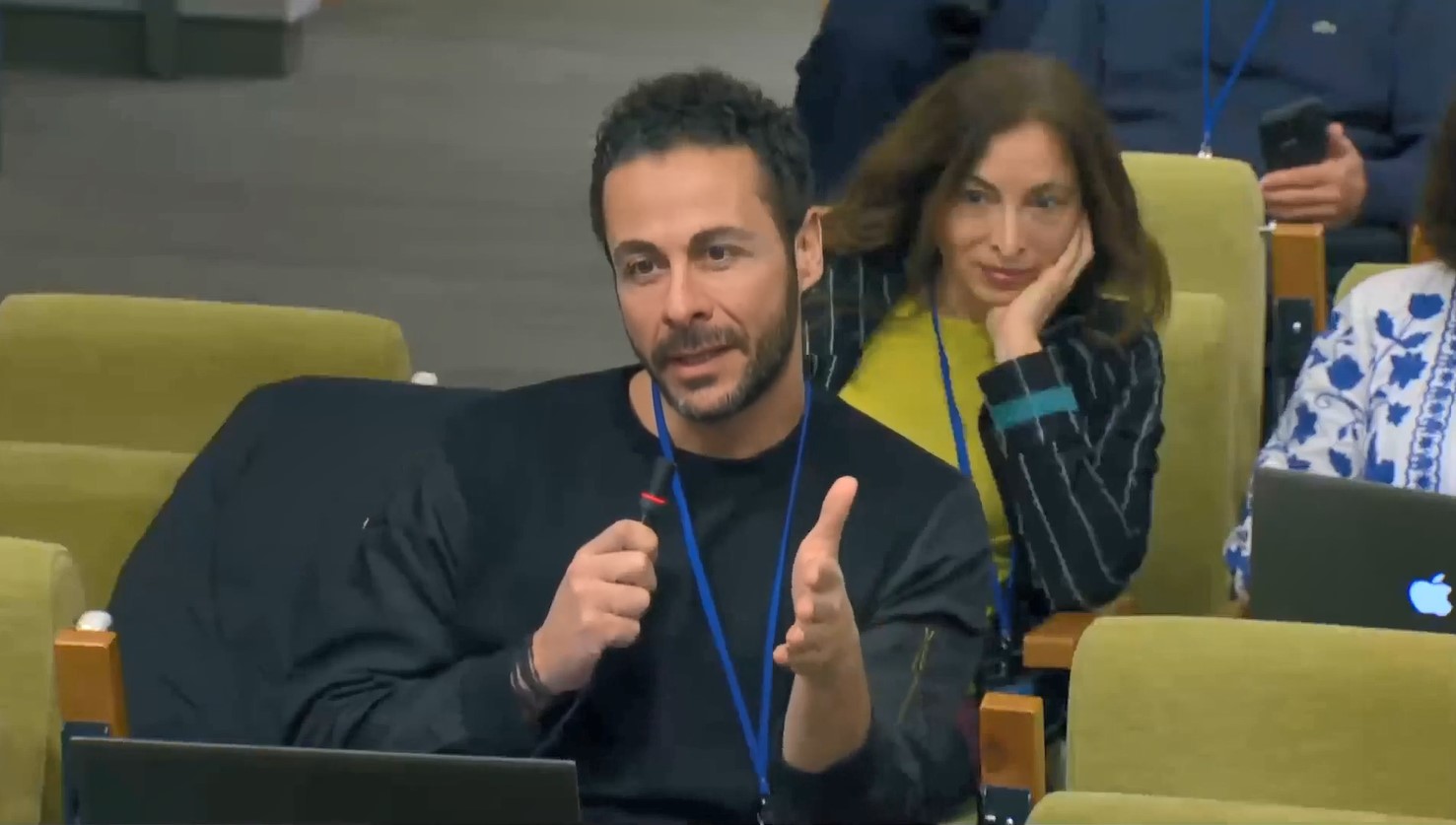
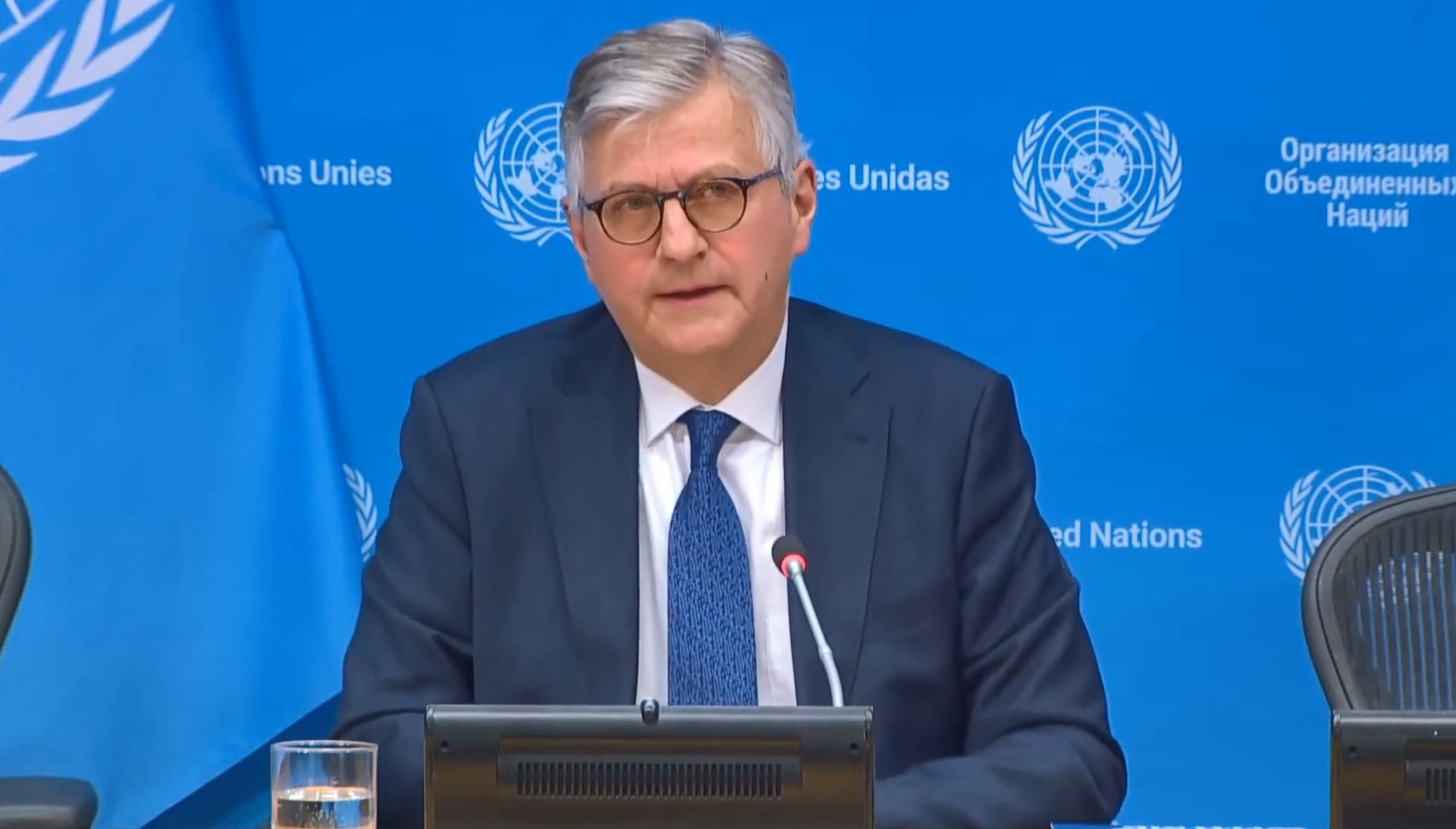
During the press conference, Lacroix acknowledged the significant difficulties faced during his mission but reiterated that UN peacekeeping forces remain essential. Despite the constraints on UNDOF and OGG, they continue to be a critical force in conflict mitigation, civilian protection, and diplomatic facilitation. He urged the international community to support peacekeeping operations, ensuring that personnel can carry out their duties with freedom and security.
The Difficult Road to Peace, but No Turning Back Lacroix’s five-day visit to the Middle East is a testament to the reality that UN peacekeeping is not just about diplomatic rhetoric—it is a mission that requires real engagement in war-torn regions. Amidst ongoing violence and unrest, peacekeepers serve as a symbol of hope, providing at least a minimum level of stability for local populations and securing more space for international dialogue and conflict resolution.
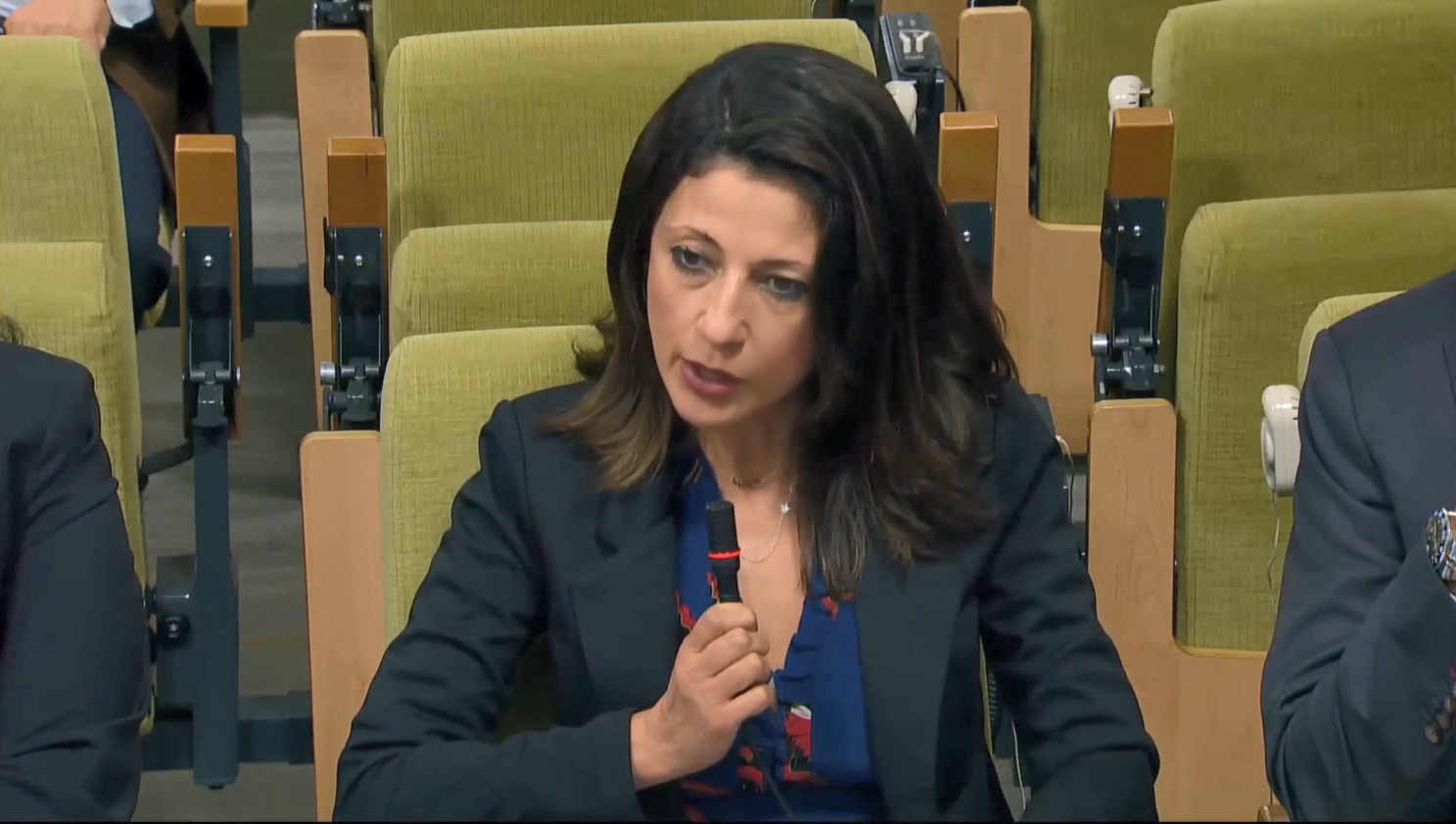
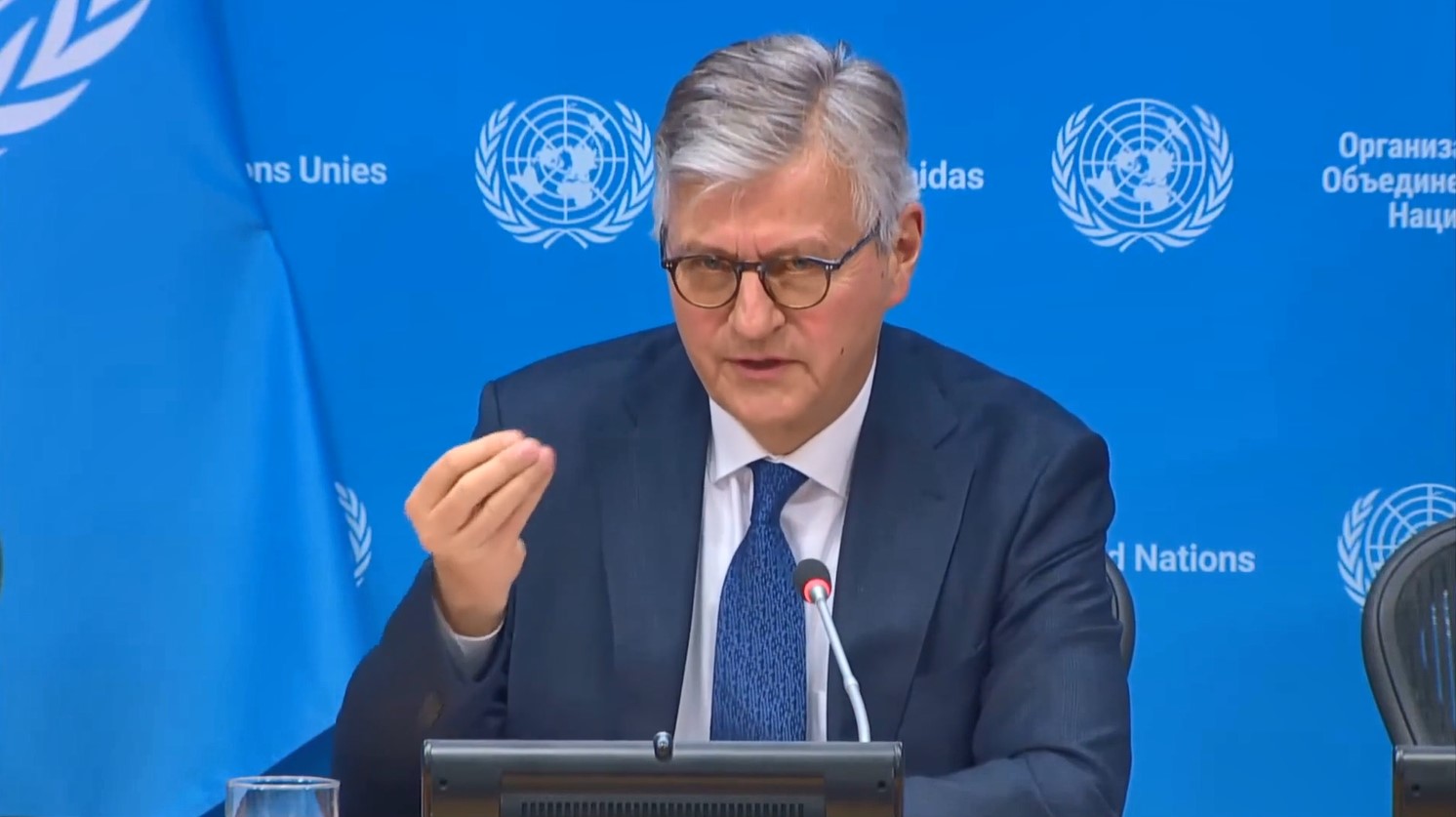
Although the road ahead is full of obstacles, Lacroix remains steadfast in his determination. By stepping into crisis zones and engaging directly with key players, he has sent a clear message to the world: Peacekeeping will not back down in the face of adversity, and the mission for peace will never be abandoned. In a world still plagued by conflict and uncertainty, this commitment is invaluable and deserves greater international attention and support.
